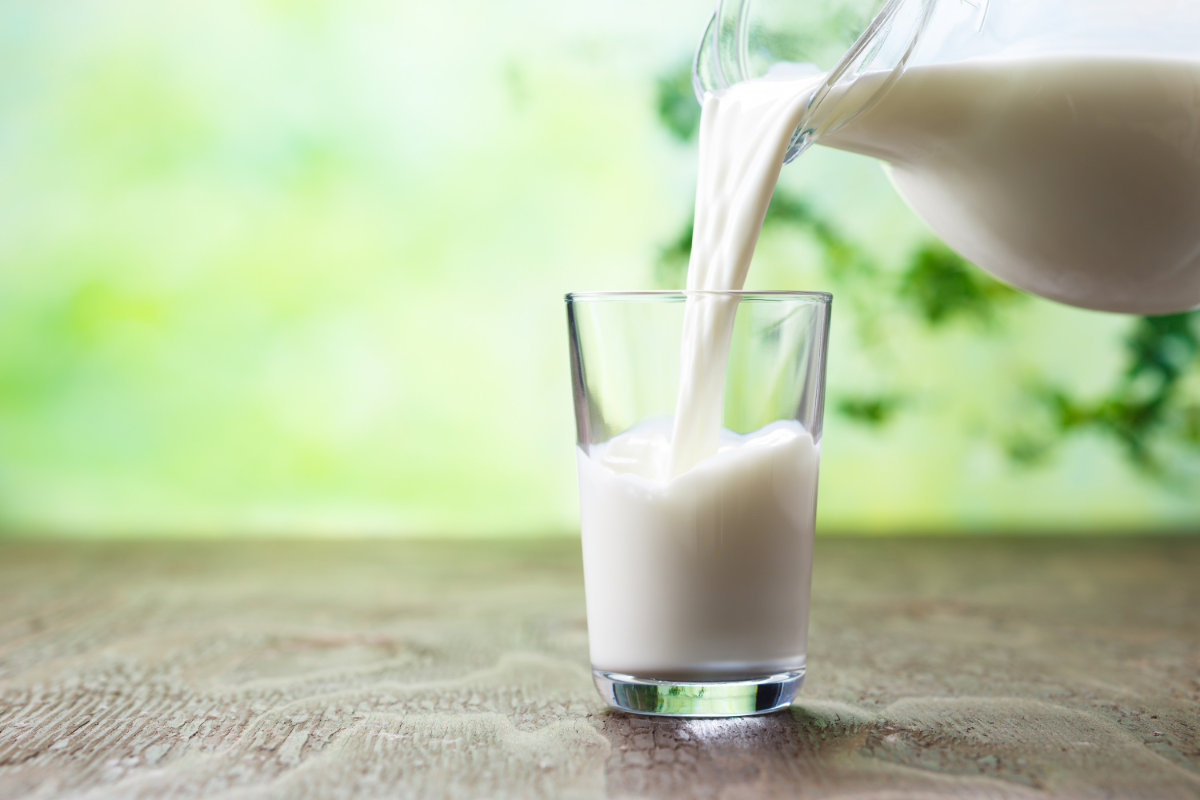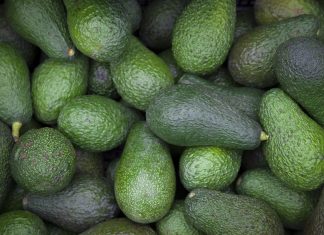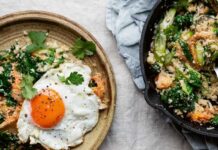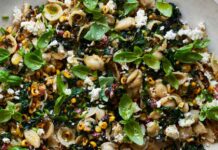Bad news for dairy lovers – new research has associated even a moderate intake of milk with a greater risk of breast cancer in women.
The study was conducted by scientists at Loma Linda University Health in California and published in the International Journal of Epidemiology, and, on the face it of it, the findings seem pretty shocking – with the increased risk of up to 80% depending on the amount consumed.
Author of the paper, Gary Fraser, says the observational study gives “fairly strong evidence that either dairy milk or some other factor closely related to drinking dairy milk is a cause of breast cancer in women”.
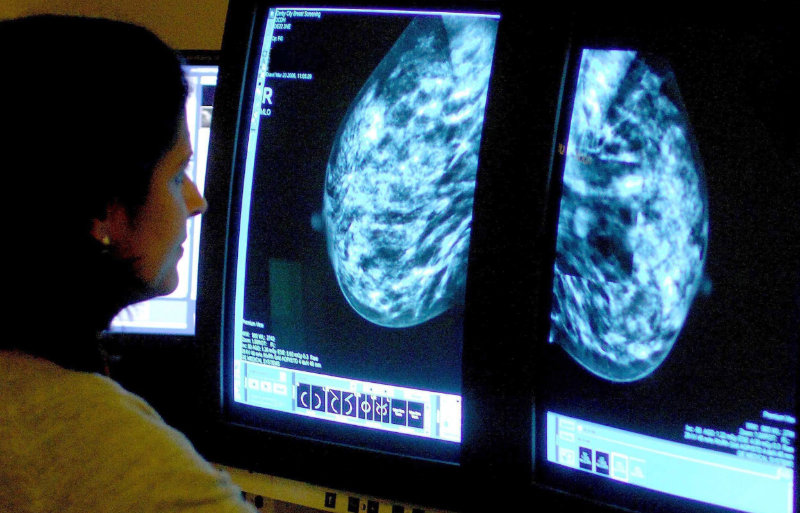
He says: “Consuming as little as 1/4 to 1/3 cup of dairy milk per day was associated with an increased risk of breast cancer of 30%. By drinking up to one cup per day, the associated risk went up to 50%, and for those drinking two to three cups per day, the risk increased further to 70% to 80%.”
Nearly 53,000 women were evaluated for the study, who were all cancer-free to begin with and followed for nearly eight years. By the end of the study there were 1,057 new breast cancer cases.
The researchers found no clear associations between soy products and breast cancer, and that the fat levels in milk – i.e. low fat verses full fat – had ‘minimal variation’.
Fraser says: “This raises the possibility that dairy-alternate milks may be an optimal choice.”
The study says one explanation could be the ‘bovine sex hormones and endogenous serum’ found in dairy milk. It explains about 75% of dairy cows providing milk in modern dairy production are pregnant, and by definition lactating. Therefore several estrogen and progesterone variants can be found in cows’ milk.
“Dairy milk does have some positive nutritional qualities, but these need to be balanced against other possible, less helpful effects,” says Fraser.
There is some good news though – the study didn’t find any important associations between cheese or yoghurt and increased risk.
This research isn’t the first of its kind. There have been many studies, with conflicting results, into a link between dairy and breast cancer. In fact, a study by Seoul National University’s School of Medicine researchers last year found the exact opposite. They said women who drank milk every day ― 200 millilitres each time ― were found to have 42% less probability of getting breast cancer compared to those who drank less than once a week or didn’t drink it at all, according to the Korea Times.
While there are plenty of plant-based alternatives – soy, oat, rice, coconut, almond – if you love cows’ milk in your cereal or a long milky latte, the charity Breast Cancer UK say not to panic.
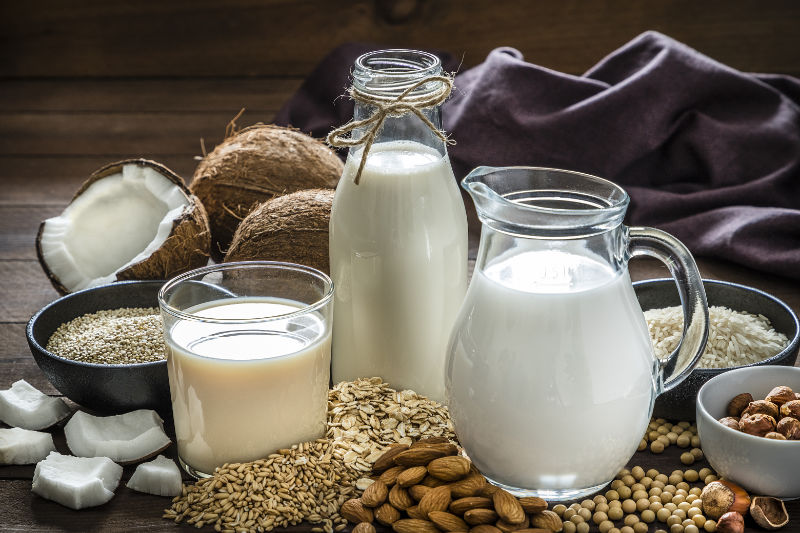
Discover four of the best plant-based milk alternatives: oat, soya, almond and coconut.
Spokesperson Tara Barker says: “Although this is an interesting study, it also needs to be seen in a wider context. Some studies show that dairy products reduce risk of breast cancer and others show no association.
“More research is needed to clarify whether there are any links between different types of dairy products and breast cancer.”
The NHS has also previously warned that there is currently no evidence of a clear link between dairy and cancer.























































